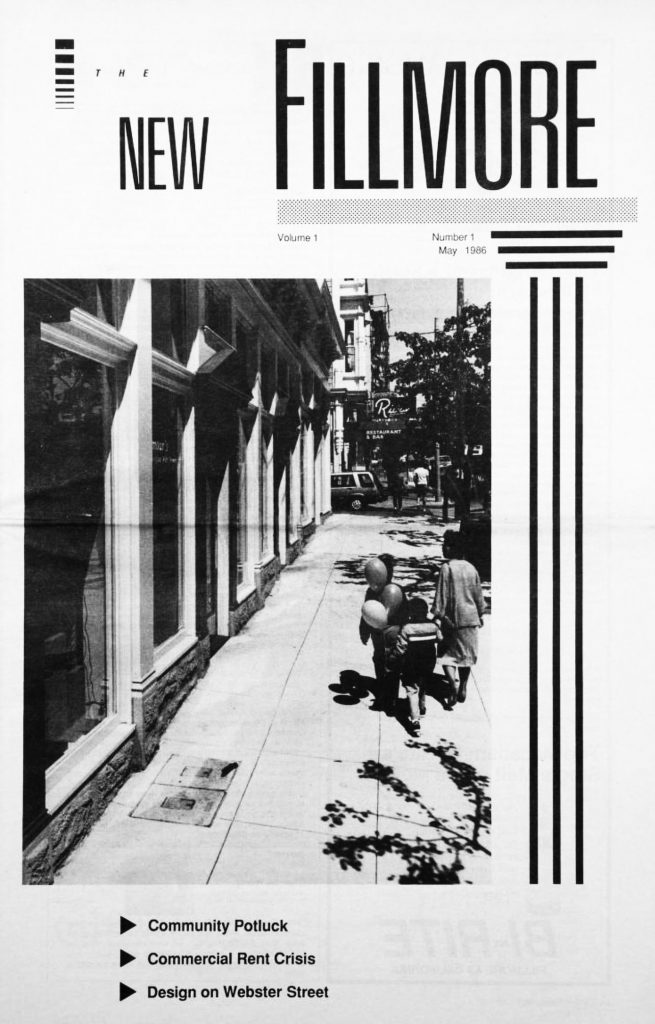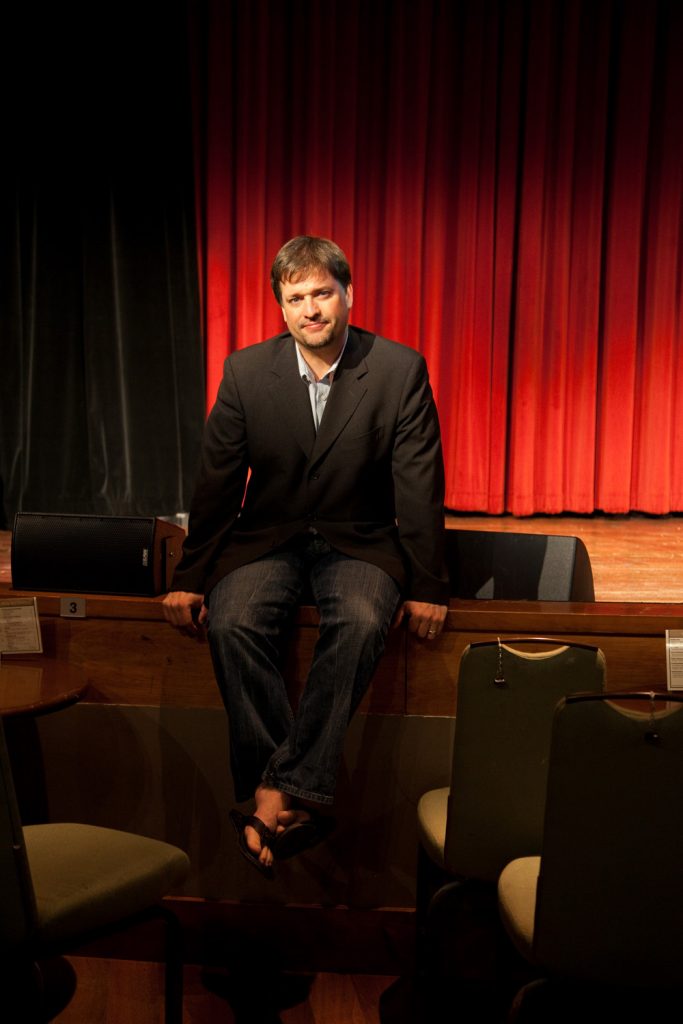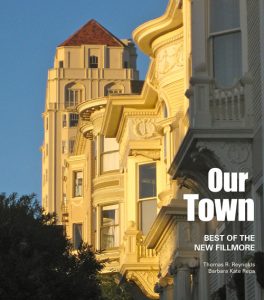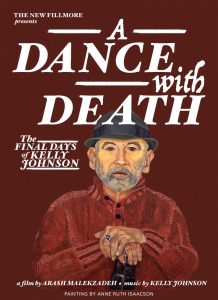Q & A | JASON OLAINE
Jason Olaine returns to San Francisco to book the Fillmore Jazz Festival when he’s not booking Jazz at Lincoln Center in New York.
You’re throwing us back this year to the 1990s — where were you back then?
Well, 1993 was really the beginning of what would be my professional life in jazz. Before applying to grad school or law school I thought I should at least look for a job in “jazz,” as if jazz music had jobs to offer.
Lo and behold I found a handful of nonpaid internships in some varied aspects of the biz — public relations at KJAZ radio, the development department at Jazz in the City (now SF Jazz), editorial assistant at the Gavin Report — a weekly radio trade magazine in San Francisco and major music convention producer — and Yoshi’s in Oakland, in PR and marketing. By late 1993 I had scored two full-timeish gigs, at Gavin and Yoshi’s.
I was also gigging a couple of times a week with our band from U.C. Santa Cruz called 2AM (previously Jazz on the Line), since we had all migrated to the Bay Area after school. Our regular gigs were at Blondie’s on Valencia and Rasselas on Divis. Being out and on the scene as both a musician and club artistic director, I was keenly aware of what was happening in the mid-1990s, booking many of these bands at Yoshi’s or trying to play my own gigs at the popular clubs in town. I was here and was digging these artists that are playing this weekend back in the day.
How did you get involved in the Fillmore Jazz Festival?
I had just taken over booking Yoshi’s San Francisco in 2009 when the Fillmore Merchants Association reached out to me and introduced me to Steven Restivo, the longtime festival producer. The thought was that perhaps we could find some synergy between the national acts we were bringing to Yoshi’s on Fillmore and have them participate and help grow the stature and audience for the festival. I embraced the opportunity and am grateful to the Fillmore festival for having me on board, even though I returned to New York in 2012.
You stayed involved even after you moved to New York. How has that worked out?
I wanted to stay connected to the Bay Area music scene. One of the cool things is I’ve been able to introduce some artists I’ve discovered in New York to the Fillmore Jazz Festival over the years (Marco Benevento, Jonah Smith, Jerome Jennings, Grace Kelly) and I’ve rediscovered some amazing Bay Area musicians that I’ve been able to bring to New York (Kim Nalley, Kenny Washington, Lavay Smith, Denise Perrier, Calvin Keys). So it’s really been a beneficial two-way street for both coasts, and fun for me to stay in touch with so many good friends. Speaking of which, this weekend is going to be so off the hook. All these bands and artists were such good friends back in the day and for them to all be playing and mixing it up together is going to be crazy.
Still having fun working with Wynton Marsalis and Jazz at Lincoln Center?
I am, every day. I am fortunate. I wake up and I love going to work. I don’t always love my daily commute on New Jersey Transit. But I love my co-workers, I love the work, I love the challenges and the diversity of what I’m able to do, and I love my boss. He’s the hardest working, most driven and sincere person I know — or ever will know. He’s so committed to his mission and the mission of Jazz at Lincoln Center that I’ve become that much more committed to my mission, which turns out to be pretty much the same.
My mission from way back when had always been to try and bring jazz to as many people in the world as possible — if not in volume, then in quality and in memorable experiences. Whether at a community event in college, or in my hometown of Palo Alto, or later at a jazz club show at Yoshi’s, or for the Newport Jazz Festival, or making records on Verve that get released around the world, or helping a jazz band tour and bring music to people in other countries, or producing shows that get webcast around the world — it’s all a part of the same mission: to bring jazz to the people.
I believe that will make the world a better place. Jazz, by its nature, is optimistic. It takes the blues and finds a way home, no matter what. You generally have to do it with other people — a band, so you have to find a way to work together — and you have to solo as well. It’s not only good for you, but it also helps others see that yes, there is a light at the end of the tunnel, and it’s gonna be fine.
Some people complain there’s not enough jazz at the Fillmore Jazz Festival. How do you see it?
Really? I always thought my job was to present great straightahead jazz, instrumental and vocal, on the California Street Stage, and mix it up with jazz-informed or just good music, but not necessarily jazz, on the Sutter Street Stage, the two stages I book. So you tell me: Do we want more jazz next year? You certainly won’t get any argument from me.
Filed under: Music






